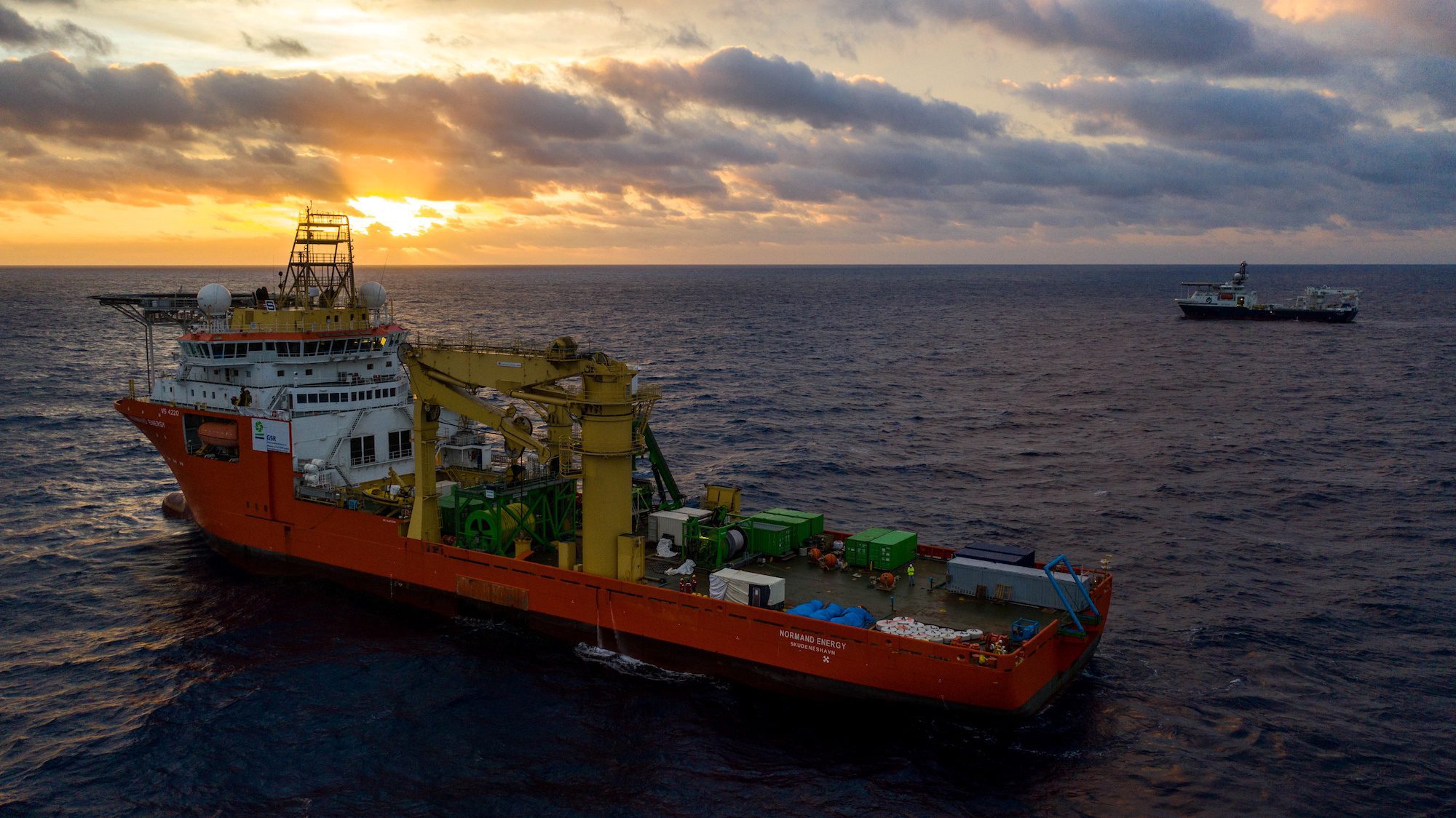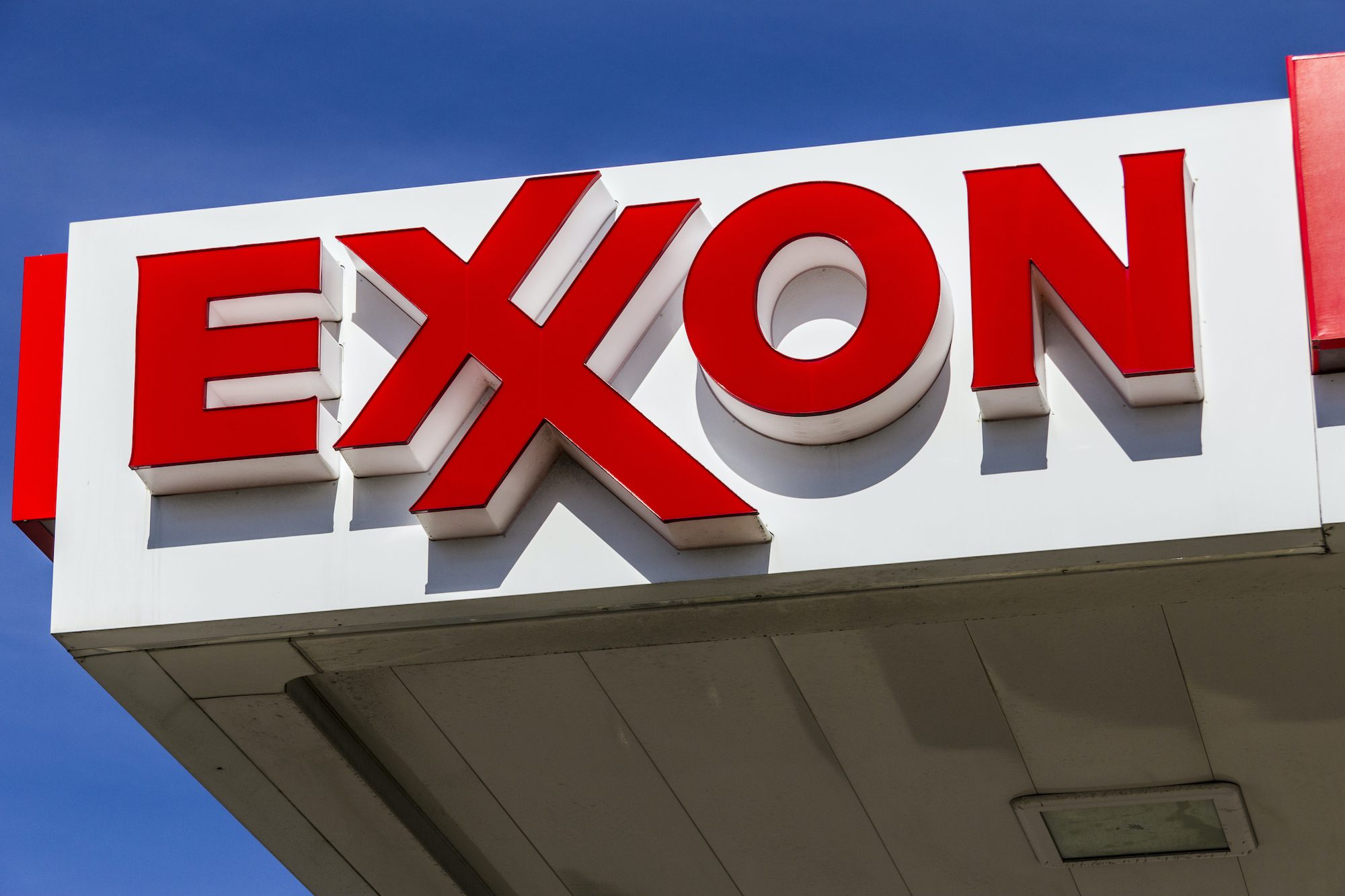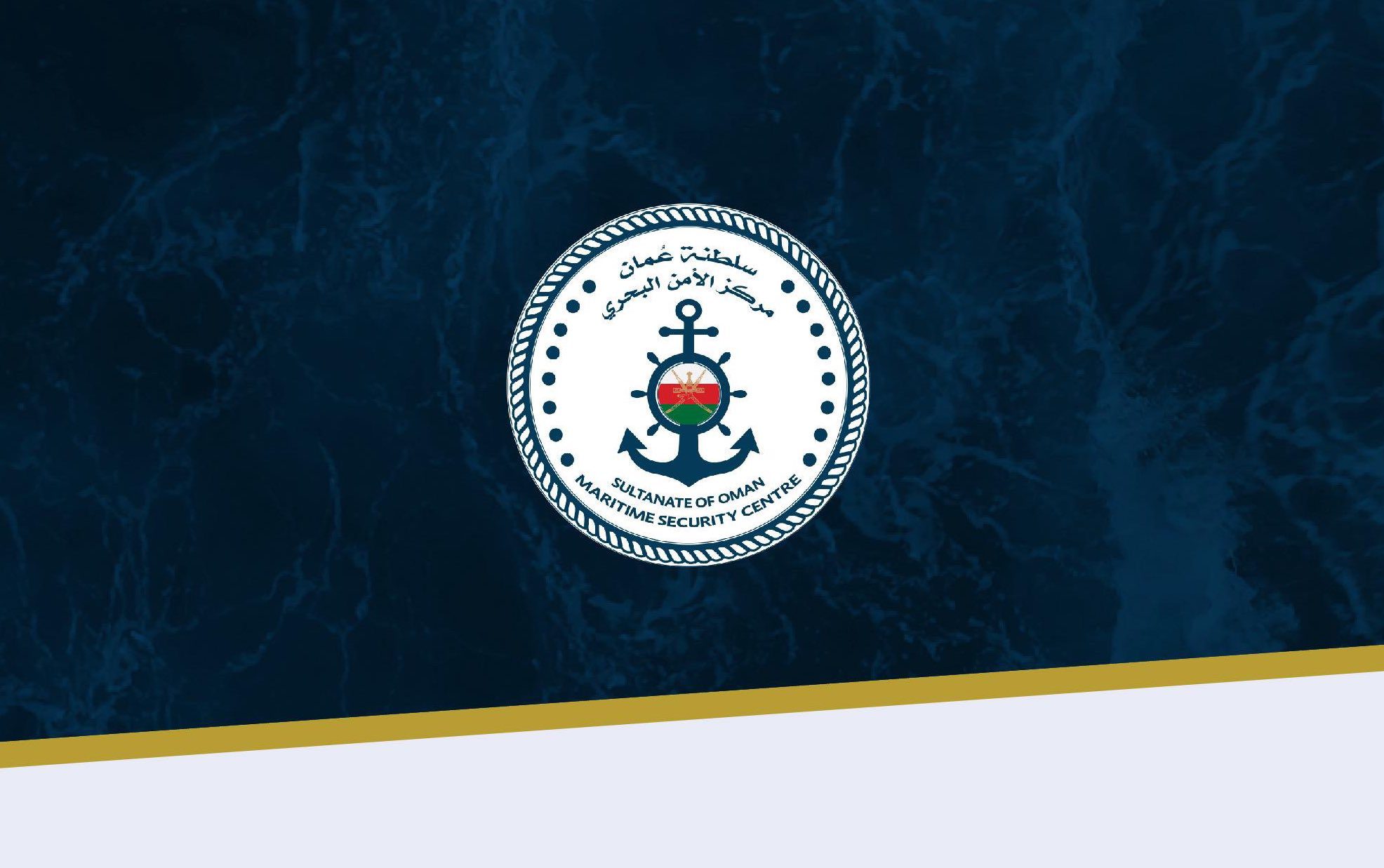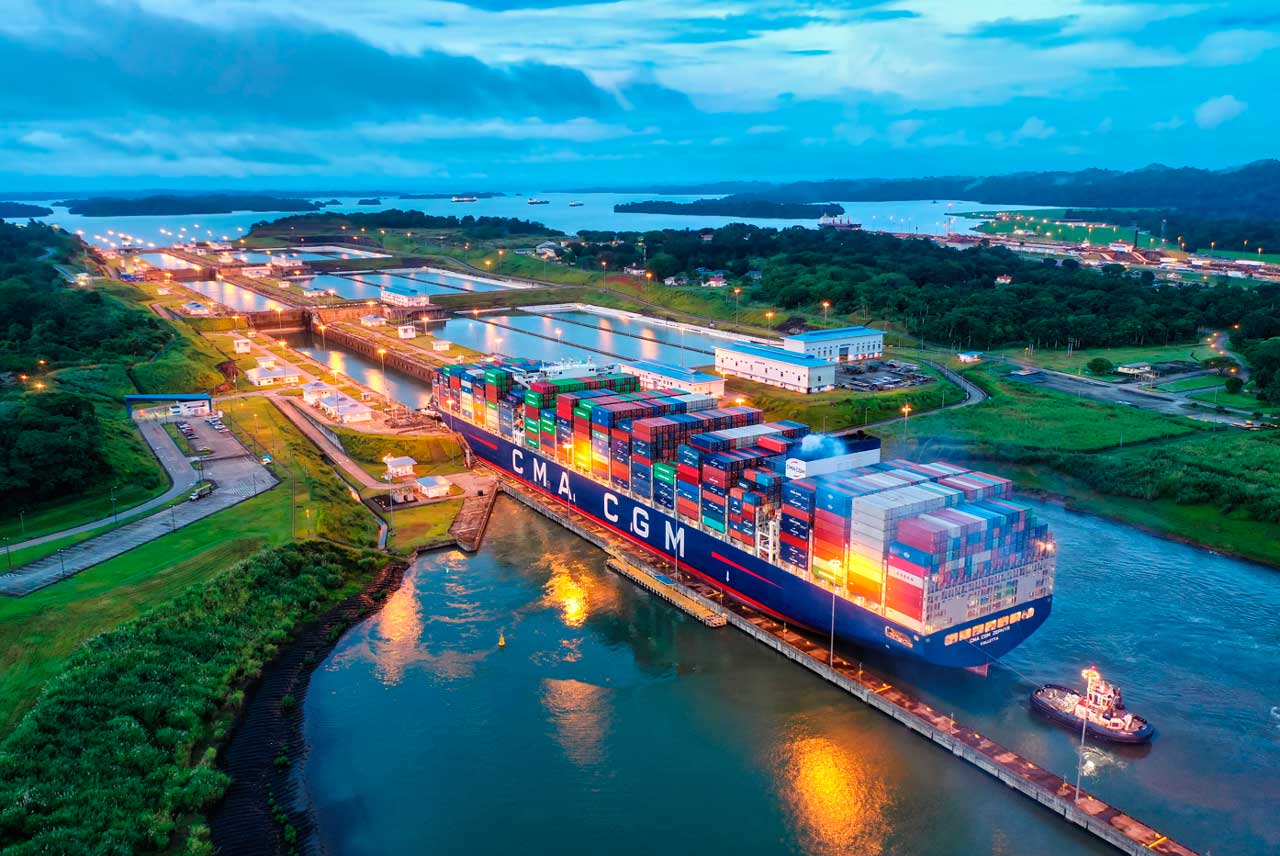By Todd Woody (Bloomberg) A United Nations-affiliated organization is expected to start accepting applications this summer from companies looking to mine deep-sea ecosystems for valuable metals, despite failing on Friday to establish regulations governing the embryonic industry.
That doesn’t necessarily mean mining is set to begin anytime soon. Given the absence of environmental regulations, as well as ongoing disagreement among the International Seabed Authority’s 167 member nations over whether deep sea mining should even proceed, there are doubts about whether licenses will be issued and under what conditions. Regardless, the failure to establish a regulatory framework before the deadline — for environmental standards, royalty payments, environmental impact assessments, inspection or compliance — means that whatever happens next will take the ISA into unchartered territory.
The organization is “sleepwalking into a legally uncertain situation,” Ambassador Hugo Verbist, head of Belgium’s delegation, told the ISA Council on Friday as the organization’s 36-nation policymaking body concluded more than two weeks of negotiations in Kingston, Jamaica.
The UN Convention on the Law of the Sea established the ISA in 1994 to regulate the industrialization of the seabed in international waters and to ensure the effective protection of the marine environment. The ISA had been slowly developing regulations, called the mining code, before Nauru, a South Pacific island nation of 8,000 people, sped things up by triggering a so-called two-year rule in the Law of the Sea treaty. That provision required the ISA to complete the mining code by July 9, 2023, or accept mining applications under whatever regulations exist at the time.
All mining contractors must be sponsored by an ISA member state and Nauru is the sponsor of The Metals Company, a Canadian-registered venture formerly known as DeepGreen. Nauru invoked the two-year rule shortly after The Metals Company told potential investors that it expected to begin mining by 2024, according to US securities filings. The Metals Company also holds contracts sponsored by two other small South Pacific island nations to prospect for cobalt, nickel and other metals used to make electric car batteries.
During the recent ISA Council meeting, a Greenpeace ship anchored off the ISA’s harborside headquarters and anti-seabed mining protestors gathered outside the building. Inside, China, Russia and Norway were among those countries urging the Council to fulfill the ISA’s mandate and complete regulations. But a growing number of nations, including Germany, France, Spain, Costa Rica, New Zealand, Chile, Panama, Palau, Fiji and the Federated States of Micronesia, called for a moratorium or pause in deep sea mining. They cited a lack of scientific knowledge about the biology of deep ocean ecosystems targeted for mining and the role they play in the global climate.
Brazil, Belgium, the Netherlands, Portugal, Singapore, Switzerland and other countries, meanwhile, have indicated that they would not approve any mining contracts until robust environmental protections for the seabed are enacted.
“We reiterate today, conditions don’t exist for deep sea exploitation to be carried out,” Mexican delegate Marcelino Miranda told the Council on Friday. The Dominican Republic on Friday also joined the cause for a pause. “When in doubt, favor nature,” said Dominican Republic’s Ambassador Edward Aníbal Pérez Reyes. “We should not move ahead.”
None of the countries asking for a moratorium or pause on seabed mining have formally proposed such a resolution. Pradeep Singh, an international ocean governance scholar at the University of Bremen in Germany, noted that the Council operates by consensus, requiring unanimity to approve the mining code. “Technically, even if there is one formal objection, then it cannot get adopted,” said Singh, who attended the recent ISA Council meeting as an observer.
Although the ISA Council still has three months to enact regulations, it wouldn’t even be able to agree on any until its next scheduled meeting on July 10, one day after the deadline. A resolution adopted by the Council on Friday requests that the ISA secretary-general notify it within three days of receiving any mining application. The Council also noted that it retains the authority to provisionally approve or reject an application. Left to be decided is whether the Council can postpone a decision on an application until mining regulations are in place.
Nauru has said it won’t sponsor a specific mining application on behalf of The Metals Company until after the Council meeting in July. On a March 23 earnings call, Metals Company executives said they expect to file an application in the second half of 2023 and to receive an ISA mining license in 2024, with production to begin later that year or in early 2025.
But there’s a question about whether The Metals Company, or any other privately owned applicant, will be able to raise the considerable capital needed to begin mining operations. (That’s not an issue for nations like China, which holds five exploration licenses, but to date its state-backed contractors have not indicated they’re ready to begin mining.) The private ISA contractor with the deepest pockets, US defense giant Lockheed Martin, abruptly exited the industry this month when it sold its seabed mining subsidiary to a Norwegian startup.
In securities filings, The Metals Company has estimated a full-fledged mining operation with an onshore processing plant would cost $10.6 billion to launch, with annual operating expenses of $1.8 billion after 2030. On its March 23 earnings call, the company, which had a net loss of $109.6 million in the fourth quarter of 2022, said it would need to raise $100 million to $150 million to begin mining after receiving an ISA license. The company’s shares closed at 83 cents on Friday.
By Todd Woody © 2023 Bloomberg L.P.
Unlock Exclusive Insights Today!
Join the gCaptain Club for curated content, insider opinions, and vibrant community discussions.

 Join The Club
Join The Club













